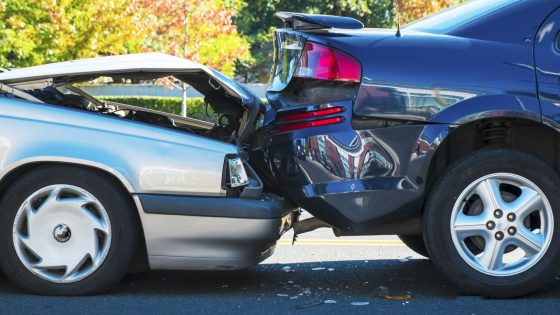Fracking’s human cost is a stark reality for families like Kurt and Janice Blanock. Their 19-year-old son, Luke, died from Ewing sarcoma, one of several possible cancer-related cases in their community that raised alarming questions about the link to nearby fracking operations.
What happened?
As the Guardian detailed, the Blanocks were searching for answers as to why their son died when Janice stumbled upon a Facebook livestream of a meeting between health experts and community members discussing if five other recent cancer diagnoses among students in the same school district in their Pennsylvania community were related to fracking.
“I learned that night a few things that I would have never put a connection to. … I want to know more,” Janice said to the Guardian.
In 2023, Blanock cofounded MAD-FACTS (Moms and Dads: Family Awareness of Cancer Threat Spike), a volunteer group for area parents who, like Blanock, want to understand the health issues associated with fracking.
What is fracking, and why is this concerning?
Fracking is the process of extracting oil and gas by injecting high-pressure water, chemicals, and sand into the ground. This method generates tons of toxic wastewater and releases potent planet-warming gases. The industry’s reliance on dirty energy sources compounds the climate crisis, with far-reaching consequences for communities and ecosystems.
Like the Blanocks, people living close to fracking wells have developed poor health outcomes. The Guardian reported a University of Pittsburgh and Pennsylvania Department of Health study showing that children living within 1 mile of an active well were five to seven times more likely to develop lymphoma.
Watch now: Survivors of extreme weather events discuss their fears for their children
While rare cancers take longer to develop and are more challenging to connect to environmental issues, more research is beginning to emerge. The Guardian noted a study that found Pennsylvania children between 2 and 7 who lived within 1.2 miles of fracking wells at birth were two to three times more likely to be diagnosed with acute lymphoblastic leukemia, a blood and bone marrow cancer.
What’s being done about fracking?
Some U.S. states are taking matters into their own hands to end fracking. California, which has not issued a new fracking permit since 2021, recently announced it will ban fracking and expects that to be approved by late this year.
Ending fracking and focusing on more sustainable energy solutions, such as solar and wind, will help to drive down demand for dirty energy and halt the overuse of vital water supplies.
Join our free newsletter for weekly updates on the coolest innovations improving our lives and saving our planet.
Source Agencies


